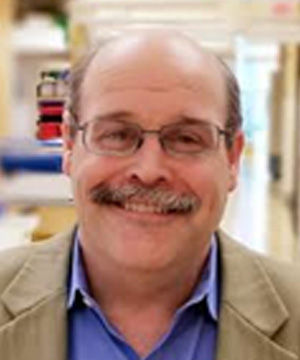 |
Raymond B. Birge, Ph.D.
Professor and Vice Chair, Department of Microbiology, Biochemistry, and Molecular Genetics
Director, Center for Cell Signaling
Cellular actions of viral oncogenes and cellular proto-oncogenes, and how these gene products function and transduce intracellular signals |
| |
|
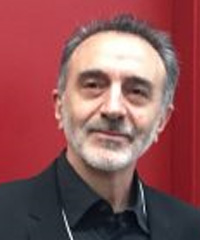 |
Luciano D’Adamio, PhD |
| |
|
 |
Utz Herbig, Ph.D.
Our lab is studying whether telomere induced senescence contributes to tumor suppression and organismal aging in mammals. |
| |
|
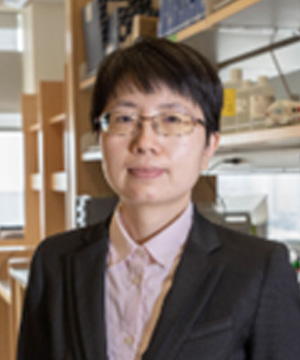 |
Pingping Hou, Ph.D.
Focus on
molecular understanding of tumor cell autonomous and non-autonomous KTR mechanisms, and cell engineering to rewire tumor microenvironment (TME) from pro- to anti-resistance phenotype. |
| |
|
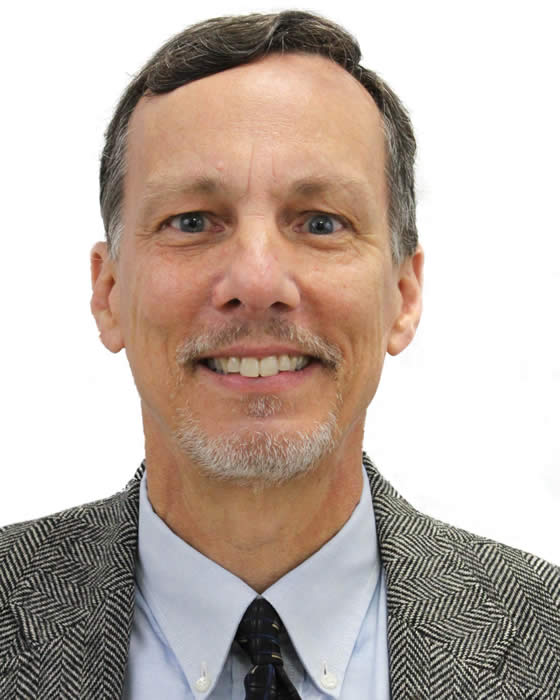 |
Roger Howell, Ph.D.
The research in my laboratory focuses on the biological effects of radioactive materials as they relate to both radiation protection and radiation therapy. |
| |
|
 |
So Youn Kim, PhD
Our laboratory focuses on women’s reproductive health, with a particular emphasis on ovarian biology and fertility preservation in female cancer patients undergoing anticancer therapies. Our research aims to elucidate the molecular and cellular mechanisms governing therapy-induced oocyte death and to identify targeted strategies that preserve the ovarian reserve and long-term reproductive and endocrine function. |
| |
|
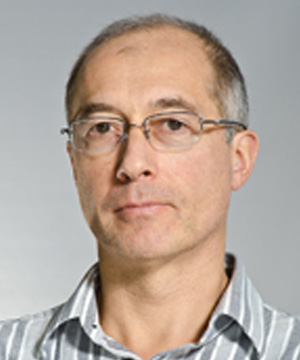 |
Sergei Kotenko, Ph.D.
Research in my lab is aimed to advance our knowledge of the complex role played by various cytokines in the regulation of the immune response to and in the pathogenesis of a number of diseases including cancer |
| |
|
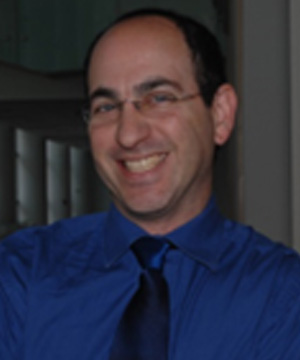 |
Steven Levison, Ph.D.
The overall goal of my research program is to better understand the signals that regulate the proliferation and differentiation of the stem cells in the central nervous system. |
| |
|
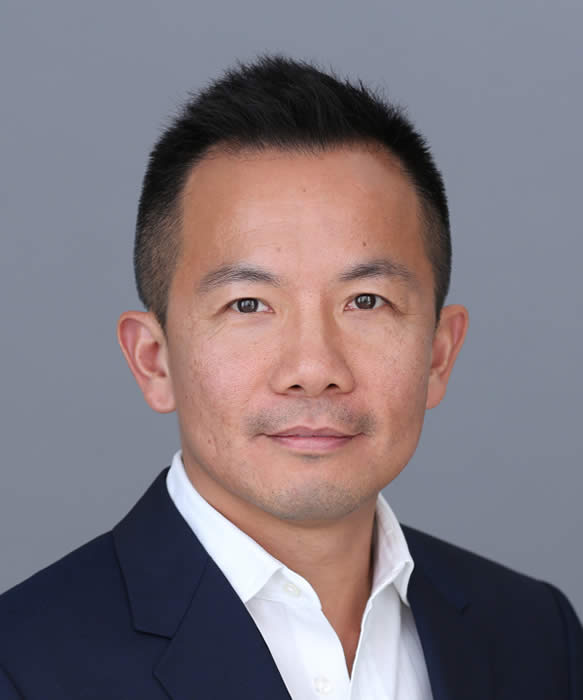 |
Hong Li, Ph.D.
One of the goals of my laboratory is to develop and optimize mass spectrometry technologies to study the role of protein post-translational modifications and protein-protein interactions on cell function. |
| |
|
 |
Dongfang Liu, PhD |
| |
|
 |
Veronika Miskolci
We are broadly interested in innate immunity in sterile inflammation and infection. We use quantitative imaging-based approaches to study innate immune response using zebrafish models of inflammation. |
| |
|
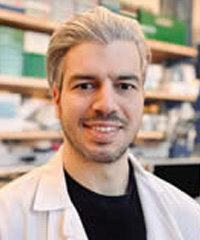 |
Alexandros (Alex) Papachristodoulou, PhD
Our laboratory uses genetically engineered mouse models, patient-derived organoid systems, and base editing tools to study of the complex genetic, mitochondrial, and metabolic factors that contribute to prostate cancer pathophysiology and disparities. |
| |
|
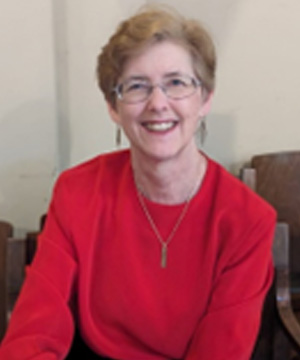 |
Melissa B. Rogers, Ph.D.
We study the transcriptional and post-transcriptional processes that control BMP2 levels and BMP signaling during normal development, cardiovascular calcification and in tumors. |
| |
|
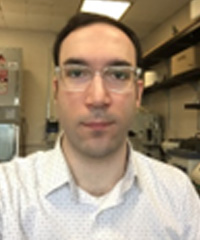 |
Mark Tambini, PhD
Our lab is currently investigating the role of Amyloid Precursor Protein containing extracellular vesicles in Alzheimer's disease. |
| |
|
 |
Teresa Wood, Ph.D.
A major focus of my laboratory is in determining how hormones and peptide growth factors interact to promote growth, survival and differentiation of breast epithelial cells. |
| |
|
 |
Vijay Yadav, PhD
Our lab investigates how organs communicate with each other to regulate whole-body homeostasis, and how his process gets dysregulated in aging to identify novel interventions to increase human healthy lifespan |

